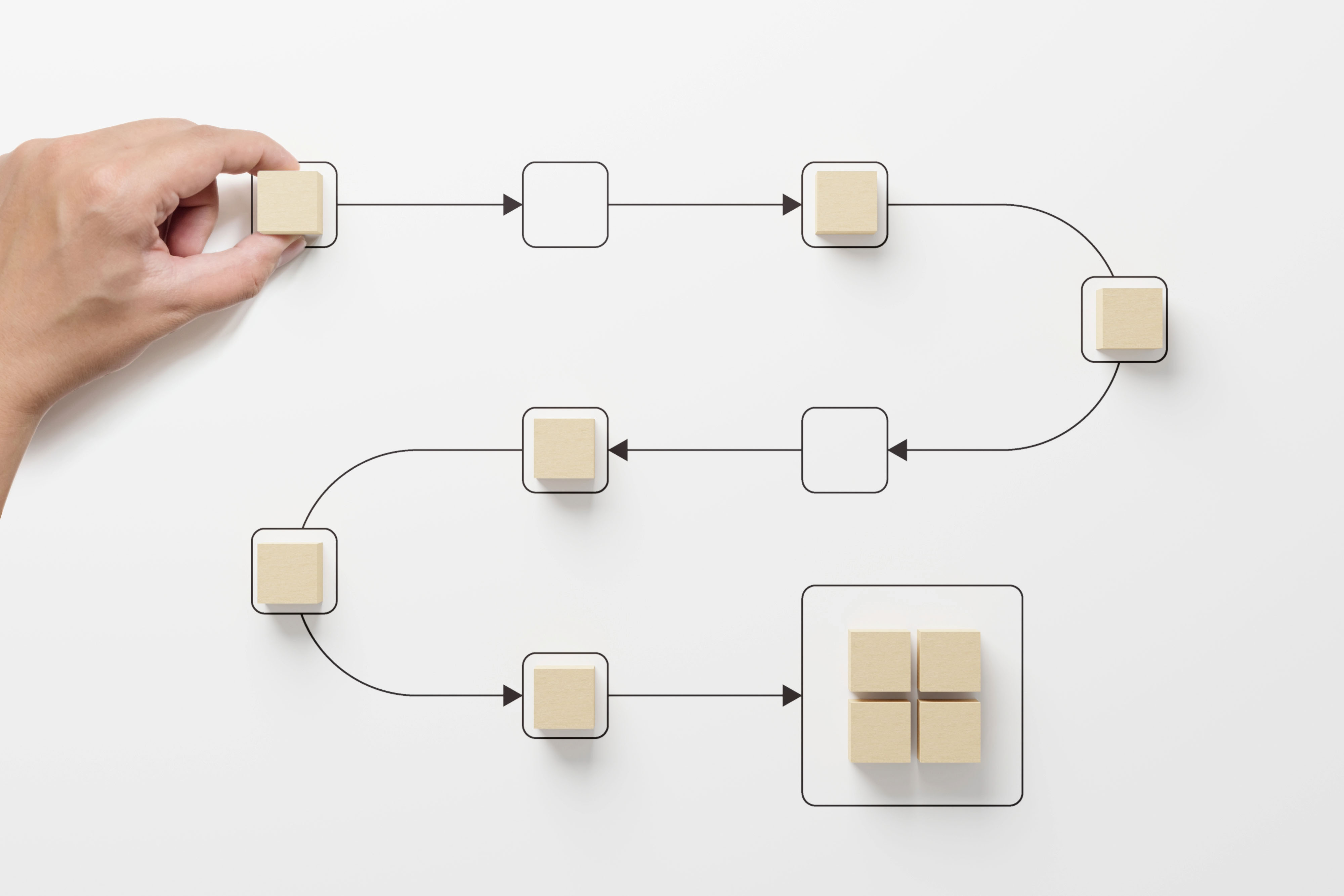Importance of electrical system design in electric engineering
What is electrical engineering?
Electrical engineering is seen as one of the newer branches of engineering which goes back to the 19th century. Electrical engineering looks at wide range of devices, systems and components, this can also range from microchips to huge power station generators. There are many different pioneers in electrical engineering including Thomas Edison who created the electric light bulb, Nikola Tesla who introduced motors and Guglielmo Marconi who discovered the radio.
There were early experiments with electricity, batteries and static charge but these were designed, constructed and manufactured with the implementation of Michael Faradays Law of Induction. The law states that the voltage in a circuit is proportional to the rate of change in magnetic field through the circuit. With modern age has brought the introduction of electricity to businesses and homes which is only made possible by electrical engineering.
You can learn electrical engineering in universities and it usually requires you to complete the degree.
What is electrical system design?
Electrical systems are groups of electrical components that are connected to carry out some operations. Electrical system design can be used as simple as a flashlight cell through two wires to a light bulb or can be involved in the space shuttle. The electrical system design solves challenges which are related to design and development to ensure that they are economical, safe and reliable. This also includes electrical layouts, lighting, earthing and voltage drop.
Engineers use design for production, transportation and distribution of the electricity. You can easily transfer electricity into the final product whether this is home electricity or a substation. If this is carefully constructed and designed you will have a good electronic system. The disadvantage of a poorly designed electrical system is that it will be destructive to the wellbeing of humans and property. Safety is the most important thing to an electrical engineer because they are in charge of the design.
It is important to look at electrical system design when you are engineering a product. Electrical engineers use different electrical system design for different projects. The design depends on the electrical loads, size of the project and the proximity of the closest substation project. The physical conditions such as where the project is located and the climate will need to be distinguished. The project will also need to be near an underground electric distribution. The design feature will give people background information on how the project will span out and the features before we actually get to the electrical engineering part.
When you are constructing a building or substation there are different design challenges that can get in your way which need to be continuously monitored. An electrical engineer should be up to date on aspects such as developing 3D modelling platforms, integrating systems testing for control systems and construction documents.
London TFE offer Electrical engineering courses and electrical engineering training if you need help with electrical system design? Read more about the electrical engineering courses we offer at London TFE.
 All Courses
All Courses
 Accounting and Finance
Accounting and Finance Administration and Office Management
Administration and Office Management Business Administration
Business Administration Chemical Engineering
Chemical Engineering Communications and Public Relations (PR)
Communications and Public Relations (PR) Compliance and Legal
Compliance and Legal Construction Management
Construction Management Contract and Project Management
Contract and Project Management Customer Experience and Relationship Management
Customer Experience and Relationship Management Data Management and Business Intelligent
Data Management and Business Intelligent Digital Transformation
Digital Transformation Energy and Sustainability
Energy and Sustainability Health, Safety and Environment
Health, Safety and Environment Healthcare Management
Healthcare Management Hospitality & Tourism
Hospitality & Tourism Human Resources and Talent Development
Human Resources and Talent Development Industrial Manufacturing and Production
Industrial Manufacturing and Production Innovation and Artificial Intelligence (AI)
Innovation and Artificial Intelligence (AI) Leadership and Management
Leadership and Management Oil and Gas
Oil and Gas Procurement & Supply Chain Management
Procurement & Supply Chain Management Public Sector
Public Sector Quality and Productivity
Quality and Productivity Retail and E- Commerce
Retail and E- Commerce Sales and Marketing
Sales and Marketing Sports Event Management and Operations
Sports Event Management and Operations Strategy and Business Planning
Strategy and Business Planning Sustainability and CSR
Sustainability and CSR Learning Solutions
Learning Solutions
 About Us
About Us
 iLearn Blog
iLearn Blog
 Directory Calendar
Directory Calendar
 Contact Us
Contact Us
 All Courses
All Courses
 Accounting and Finance
Accounting and Finance Administration and Office Management
Administration and Office Management Business Administration
Business Administration Chemical Engineering
Chemical Engineering Communications and Public Relations (PR)
Communications and Public Relations (PR) Compliance and Legal
Compliance and Legal Construction Management
Construction Management Contract and Project Management
Contract and Project Management Customer Experience and Relationship Management
Customer Experience and Relationship Management Data Management and Business Intelligent
Data Management and Business Intelligent Digital Transformation
Digital Transformation Energy and Sustainability
Energy and Sustainability Health, Safety and Environment
Health, Safety and Environment Healthcare Management
Healthcare Management Hospitality & Tourism
Hospitality & Tourism Human Resources and Talent Development
Human Resources and Talent Development Industrial Manufacturing and Production
Industrial Manufacturing and Production Innovation and Artificial Intelligence (AI)
Innovation and Artificial Intelligence (AI) Leadership and Management
Leadership and Management Oil and Gas
Oil and Gas Procurement & Supply Chain Management
Procurement & Supply Chain Management Public Sector
Public Sector Quality and Productivity
Quality and Productivity Retail and E- Commerce
Retail and E- Commerce Sales and Marketing
Sales and Marketing Sports Event Management and Operations
Sports Event Management and Operations Strategy and Business Planning
Strategy and Business Planning Sustainability and CSR
Sustainability and CSR Learning Solutions
Learning Solutions
 About Us
About Us
 iLearn Blog
iLearn Blog Directory Calendar
Directory Calendar
 Contact Us
Contact Us














































 Course category
Course category Course Venue
Course Venue
